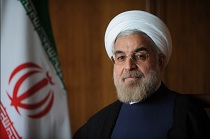Reformulating the liberal agenda
India needs a new liberal party, which trusts markets rather than officials for economic outcomes, and focuses on reform of the institutions of governance. This new party must be accompanied by a recovery of the moral authority of our Constitution, and by individual engagement with everyday politics











